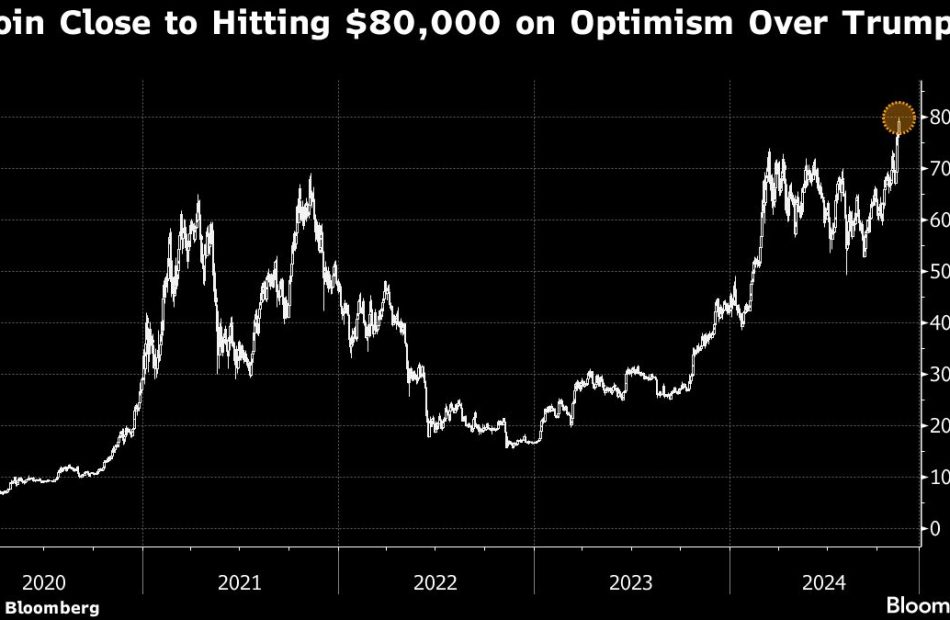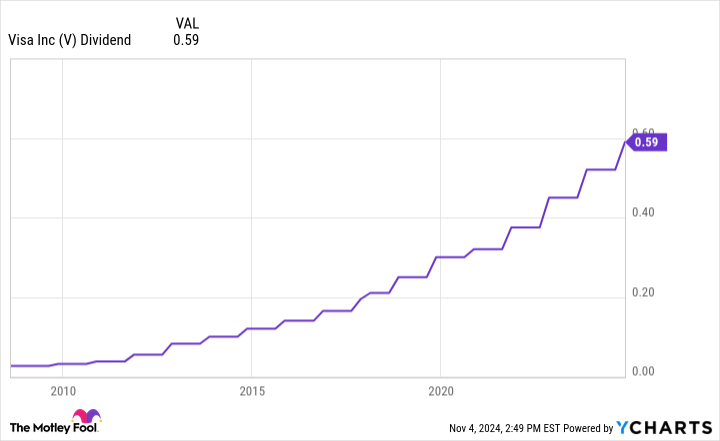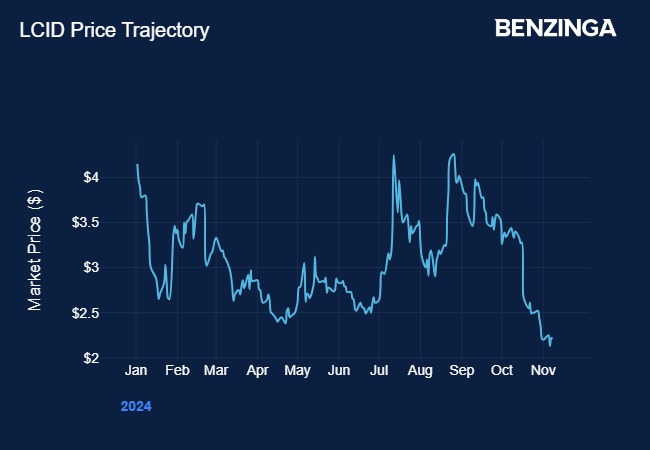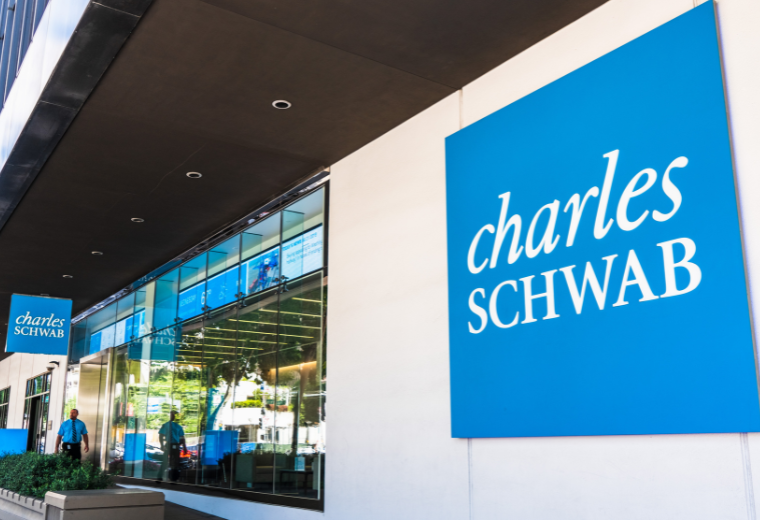Bitcoin on Cusp of $80,000 for First Time on Optimism Over Trump
(Bloomberg) — Bitcoin is closing in on $80,000 for the first time, boosted by President-elect Donald Trump’s embrace of digital assets and the prospect of a Congress featuring pro-crypto lawmakers.
Most Read from Bloomberg
The cryptocurrency climbed as much as 4.3% to an unprecedented $79,771 on Sunday and remained near $79,000 as of 2:05 p.m. in Singapore. Smaller tokens like Cardano and meme-crowd favorite Dogecoin also rallied.
Trump vowed on the campaign trail to put the US at the center of the digital-asset industry, including creating a strategic Bitcoin stockpile and appointing regulators enamored with digital assets. He emerged from Tuesday’s election in a stronger position than expected — his Republican Party has control of the Senate and is on the verge of holding a narrow majority in the House.
“With the dust from Trump’s victory still settling down, it was only a matter of time before a run-up of some sort occurred given the perception of Trump being pro-crypto, and that’s what we’re seeing now,” said Le Shi, Hong Kong managing director at market-making firm Auros.
ETFs, Fed
Bitcoin has added about 90% so far in 2024, helped by robust demand for dedicated US exchange-traded funds and interest-rate cuts by the Federal Reserve. The rise in the largest digital token, which scaled fresh records after the US vote, exceeds the returns from investments such as stocks and gold.
The ETFs, powered by BlackRock Inc.’s $35 billion iShares Bitcoin Trust, posted a record daily net inflow of almost $1.4 billion on Thursday, according to data compiled by Bloomberg. A day earlier, the iShares ETF’s trading volume jumped to an all-time peak — all signs of how Trump’s victory is reshaping crypto.
Trump’s stance contrasts with a crackdown on digital assets under President Joe Biden. Securities & Exchange Commission Chair Gary Gensler repeatedly labeled the sector as rife with fraud and misconduct. The agency turned the screws on crypto following a 2022 market rout and a litany of collapses, notably the bankruptcy of Sam Bankman-Fried’s fraudulent FTX exchange.
Digital-asset companies and executives spent heavily during the US election campaign to promote candidates viewed as favorable toward their interests.
“Trump has promised supportive regulation, and the sweep of the House and the Senate makes the passage of crypto bills much more likely,” wrote Noelle Acheson, author of the Crypto Is Macro Now newsletter.
Match Group, Inc. Announcement: If You Have Suffered Losses Match Group, Inc. (NASDAQ: MTCH), You Are Encouraged to Contact The Rosen Law Firm About Your Rights
NEW YORK, Nov. 09, 2024 (GLOBE NEWSWIRE) —
Why: Rosen Law Firm, a global investor rights law firm, announces an investigation of potential securities claims on behalf of shareholders of Match Group, Inc. MTCH resulting from allegations that Match Group may have issued materially misleading business information to the investing public.
So What: If you purchased Match Group securities you may be entitled to compensation without payment of any out of pocket fees or costs through a contingency fee arrangement. The Rosen Law Firm is preparing a class action seeking recovery of investor losses.
What to do next: To join the prospective class action, go to https://rosenlegal.com/submit-form/?case_id=12766 or call Phillip Kim, Esq. toll-free at 866-767-3653 or email case@rosenlegal.com for information on the class action.
What is this about: On November 7, 2024, Investopedia published an article entitled “Match Group Stock Slips as Fourth Quarter Outlook Disappoints.” This article said that “[s]hares of online dating giant Match Group tumbled Thursday morning despite a third-quarter earnings beat released after the bell Wednesday. [. . .] Match said Tinder Direct revenue came in below its own expectations, as the app’s monthly active users (MAUs) declined 9% from the same time last year and its revenue per payer (RPP) grew less than expected. Some new features tested with Tinder users in the quarter negatively impacted subscription revenue, which the company said will likely also have an impact on fourth quarter revenue.”
On this news, the price of Match Group stock fell by 17.8% to close at $31.11 per share on November 7, 2024.
Why Rosen Law: We encourage investors to select qualified counsel with a track record of success in leadership roles. Often, firms issuing notices do not have comparable experience, resources, or any meaningful peer recognition. Many of these firms do not actually litigate securities class actions. Be wise in selecting counsel. The Rosen Law Firm represents investors throughout the globe, concentrating its practice in securities class actions and shareholder derivative litigation. Rosen Law Firm achieved the largest ever securities class action settlement against a Chinese Company at the time. Rosen Law Firm was Ranked No. 1 by ISS Securities Class Action Services for number of securities class action settlements in 2017. The firm has been ranked in the top 4 each year since 2013 and has recovered hundreds of millions of dollars for investors. In 2019 alone the firm secured over $438 million for investors. In 2020, founding partner Laurence Rosen was named by law360 as a Titan of Plaintiffs’ Bar. Many of the firm’s attorneys have been recognized by Lawdragon and Super Lawyers.
Follow us for updates on LinkedIn: https://www.linkedin.com/company/the-rosen-law-firm, on Twitter: https://twitter.com/rosen_firm or on Facebook: https://www.facebook.com/rosenlawfirm/.
Attorney Advertising. Prior results do not guarantee a similar outcome.
——————————-
Contact Information:
Laurence Rosen, Esq.
Phillip Kim, Esq.
The Rosen Law Firm, P.A.
275 Madison Avenue, 40th Floor
New York, NY 10016
Tel: (212) 686-1060
Toll Free: (866) 767-3653
Fax: (212) 202-3827
case@rosenlegal.com
www.rosenlegal.com

Market News and Data brought to you by Benzinga APIs
© 2024 Benzinga.com. Benzinga does not provide investment advice. All rights reserved.
Want Decades of Passive Income? Buy This Warren Buffett Stock and Hold On
A common misconception among beginner investors is that choosing growth stocks is required to generate lucrative portfolio gains. Many times, the best-performing stocks are actually blue chip businesses that grow sales and profits steadily and consistently over a long period of time. In turn, these companies may reward shareholders in the form of a dividend.
Warren Buffett has perfected this approach to portfolio management. His Berkshire Hathaway portfolio owns very few smaller growth stocks. Instead, Buffett is known for taking positions in industry-leading brands that sport strong cash flow and dividend payments.
Start Your Mornings Smarter! Wake up with Breakfast news in your inbox every market day. Sign Up For Free »
One Buffett stock that looks particularly tempting right now is credit card company Visa (NYSE: V). Below, I’ll explore why Visa is a solid choice for passive income and assess how owning the stock for decades could prove to be a wise move.
On Oct. 29, Visa reported financial and operating results for its fiscal fourth quarter and full year 2024. One of the highlights of the report was that Visa’s board of directors approved a 13% increase to the company’s quarterly dividend, bringing it to $0.59 per share.
As the chart below shows, Visa has raised its dividend steadily since the company’s initial public offering (IPO) in 2008.
Investors hold on to dividend stocks for different reasons. For retirees, dividend income can be a good source of cash and help prevent dipping into your savings for unnecessary reasons.
However, younger demographics may want to augment their stocks with reliable dividend players as well.
The chart above shows how Visa stock has performed since its IPO both on a stand-alone and total return basis. The big difference between these two lines is that the total return includes reinvesting dividend income into Visa stock as opposed to receiving the payment as cash. As you can see, reinvesting dividends has added significant appreciation to Visa’s long-run return.
Unlike retirees, younger investors may not need to supplement their cash savings each month or quarter. But as the chart makes clear, reinvesting dividend income into your stock portfolio can bolster your gains in a material way.
An important thing for dividend investors to consider is whether or not these payments are sustainable. In other words, does the company in question have the financial wherewithal not only to maintain paying a dividend, but hopefully raise it?
Trump's Tariff Plans On Canadian Goods Would 'Inevitably Hurt' American Workers, Warns Justin Trudeau
Canadian Prime Minister Justin Trudeau warned that any tariffs or trade barriers imposed by the U.S. on Canadian goods could harm American workers.
What Happened: During a press conference in Vancouver on Friday, Trudeau highlighted the deep-seated interconnectedness of the supply chains between the US and Canada. He asserted that any increase in border restrictions or imposition of tariffs would “inevitably hurt” American jobs and workers, given Canada’s reliability as a trade partner, reported Bloomberg.
Trudeau’s comments were directed at President-elect Donald Trump, who has proposed a minimum 10% tariff on all U.S. imports, with no exemptions for Canada. Economists at Desjardins estimate that this policy could lead to a 1.7% reduction in Canada’s real GDP by the end of 2028.
Trump has expressed his intention to implement a “pro-American trade policy that uses tariffs to encourage production here and bring trillions and trillions of dollars back home.”
Trudeau reiterated Canada’s alignment with the U.S. in addressing “overcapacity” from China, proposing 100% tariffs on electric vehicles from China and 25% tariffs on steel and aluminum.
“There’s an awful lot Canada and the US are going to be able to do together to successfully compete with the world,” the Canadian PM said.
Why It Matters: The warning from Trudeau comes in the wake of Trump’s victory in the U.S. presidential election. Analysts have suggested that Trump’s return to the White House could lead to a shift in the commodity market, with a potential impact on the steel industry. Trump’s history of deregulation and tariff-heavy policies could result in greater domestic support for the U.S. steel industry, according to analysts at JPMorgan Chase & Co.
Trump’s proposed tariffs have also raised concerns about their potential impact on American consumers. A study by the National Retail Federation (NRF) warned that the proposed tariffs could significantly impact American consumers, potentially reducing annual spending by $78 billion.
Trump’s specific plans concerning tariffs and taxes have been unclear and have varied greatly. The 2024 Republican Party platform calls for “baseline Tariffs on Foreign-made goods.” According to the Tax Policy Center, Trump most often promotes a 10% worldwide tariff and a 60% tax on imported Chinese goods.
Read Next: Jim Cramer Calls Trump’s Return To White House A ‘Huge Win For The Stock Market’
Image Via Shutterstock
Market News and Data brought to you by Benzinga APIs
© 2024 Benzinga.com. Benzinga does not provide investment advice. All rights reserved.
Warning: Warren Buffett Keeps Selling His Favorite Stock for a Surprising Reason
Warren Buffett is a big believer in long-term investing. In fact, many of his largest positions have been in his portfolio for decades. And while he and his lieutenants regularly adjust the publicly traded portfolio at Berkshire Hathaway, there’s a lot less turnover than most professionally managed funds. So when Buffett and company start to heavily sell one of Berkshire’s biggest investments of all time, every investor should pay attention.
In early 2016, Buffett and his investing team began accumulating shares of Apple (NASDAQ: AAPL). Soon, Apple became the largest public holding in Berkshire’s history, with a stake worth roughly $100 billion.
Start Your Mornings Smarter! Wake up with Breakfast news in your inbox every market day. Sign Up For Free »
What do Buffett and Berkshire like so much about Apple? Earlier this year, Buffett compared Apple to two other fixtures in Berkshire’s portfolio: Coca-Cola and American Express:
I can’t really think of a company like American Express that has a position and a credit card that is extremely strong. It has strengthened dramatically over the last 20 years for a lot of reasons. That’s the story of why we own American Express, which is a wonderful business. We own Coca-Cola, which is a wonderful business. And we own Apple, which is an even better business, and we will own, unless something really extraordinary happens, we will own Apple and American Express and Coca-Cola.
It’s quite amazing that Buffett not only compared Apple to Coca-Cola and American Express — blue chip stocks that have been in his portfolio for decades — but he also declared that Apple’s business model was even better than those iconic businesses.
When discussing American Express, he highlighted the company’s immense brand value. American Express cardholders often remain loyal to the company for huge portions of their life, and spend disproportionately more than other card providers like Visa and Mastercard. Buffett’s comments about Apple show the same enthusiasm for its brand power.
“If you’re an Apple user and somebody offers you $10,000, but the only proviso is they’ll take away your iPhone and you’ll never be able to buy another, you’re not going to take it,” Buffett told CNBC last year.
But if Buffett likes Apple so much, declaring that it will remain in Berkshire’s portfolio “unless something really extraordinary happens,” why has Berkshire been consistently trimming its Apple stake? Last quarter alone it nearly cut its Apple position in half.
Lucid CEO Scrambles For Damage Control As Shares Plunge 47% This Year: 'As A Major Shareholder…Believe Me, Nobody Is More Incentivized Than Me For Success'
Shares of EV maker Lucid Motors LCID closed at $2.21 on Friday, down by nearly 47% since the start of this year.
What Happened: Lucid CEO Peter Rawlinson sought to assuage investor concerns of dropping share value at the company’s third-quarter earnings call this week.
“I want to assure you that we’re taking significant steps to deliver long-term shareholder value,” Rawlinson said while adding that “challenging” market conditions combined with a number of factors have affected the company’s share price. “This is a long-term play, and we’re indeed, we’re actively working on several initiatives both to drive growth and to improve our financial performance.”
Rawlinson pointed to his holding in the EV company and said, “…as a major shareholder myself personally, believe me, nobody is more incentivized than me for success. And what’s less known, I relate to you all because I put so many of my own savings into this company to make it happen.”
Rawlinson added that he has not sold a single share of his Lucid stock “except what was necessary for tax purposes.”
Rawlinson evaded another question on whether Saudi Arabia’s Public Investment Fund (PIF) will consider buying out Lucid saying it is not his place to speak for the sovereign wealth fund. PIF is a majority stakeholder in Lucid with a nearly 60% stake in the company. It has invested about $8 billion in Lucid since 2018.
Why It Matters: According to data from Benzinga Pro, Rawlinson currently owns about 18.5 million shares of Lucid, worth roughly $41 million as of the stock’s closing price on Friday of $2.21.
Rawlinson, however, is not the sole CEO with a stake in the company they run.
Tesla Inc CEO Elon Musk holds 411 million shares of his EV giant, worth about $132 billion as of the company’s closing share price on Friday of $321.22.
Rivian Automotive CEO RJ Scaringe, meanwhile, holds about 3.5 million shares of his company, worth about $37 million.
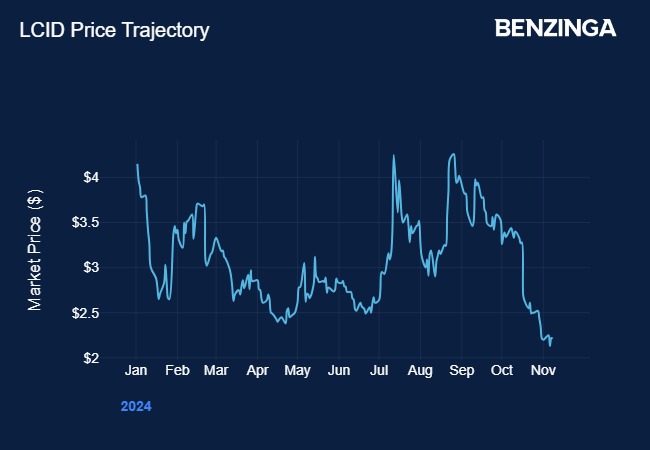
Check out more of Benzinga’s Future Of Mobility coverage by following this link.
Read Next:
Photo by Around the World Photos on Shutterstock
Market News and Data brought to you by Benzinga APIs
© 2024 Benzinga.com. Benzinga does not provide investment advice. All rights reserved.
Schwab Plans Actively Managed Bond ETF
Schwab Asset Management is bulking up its fixed income ETF lineup with plans to offer an actively managed bond strategy, the Schwab Core Bond ETF.
According to a filing with the Securities and Exchange Commission, the new ETF, which does not yet have a ticker symbol, will be available to investors starting in January.
This represents just the third active ETF for Schwab, which lists 31 total ETFs that combine for $375 billion. The new active Core Bond ETF will seek to provide total return while generating income through U.S. debt securities, including corporate bonds, municipal bonds, and Treasuries, according to the SEC filing.
“Investors have shown an appetite for active bond strategies all year, and Schwab has responded to that demand with ETFs, which is a formula that has worked well for other fund providers throughout 2024.,” said Ryan Jackson, senior manager research analyst at Morningstar.
Jackson added that Schwab is tapping a potentially rich vein of opportunity by building out a presence in the active bond ETF category.
“Active ETFs have enjoyed a tremendous year of flows, and that is especially true when it comes to bond funds,” he said. “About 36% of bond ETF flows streamed into active products for the year to date through October, compared with 24% for active stock ETFs.”
Later this month, Schwab is slated to roll out the Schwab Mortgage-Backed Securities ETF (SMBS) that will track the Bloomberg US MBS Float Adjusted Total Return Index with an expense ratio of 0.03%.
Schwab did not respond to a request for comment for this story.
While the expense ratio is not included in the SEC filing, Nate Geraci, president of the ETF Store, said the trend is veering toward lower fees for active management, and that’s what he is expecting from Schwab.
“What’s remarkable is that players like Vanguard and Schwab are now entering the space with rock-bottom fees, and investors are getting active management from highly respected issuers at basically the cost of index funds,” he said. “The narrative has always been that it’s much easier to generate alpha in fixed income compared to equities, and with an uncertain rate environment moving forward, it makes sense that investors and advisors might want an active manager helping to navigate the bond market.”
Generative AI Software Sales Could Soar 2,790%: 2 AI Stocks to Buy Now That Come Highly Rated by Wall Street
Generative artificial intelligence (AI) leans on large language models and other machine learning models to create media content like images, text, and videos. The technology had its big bang moment when OpenAI introduced ChatGPT in November 2022, and demand for such products is forecast to surge.
Bloomberg Intelligence estimates generative AI software spending will increase 2,790% to approach $320 billion by 2032, compounding at 52% annually. That puts investors in front of a significant opportunity, one that may rival the opportunity created by the internet in the 1990s.
Start Your Mornings Smarter! Wake up with Breakfast news in your inbox every market day. Sign Up For Free »
Microsoft (NASDAQ: MSFT) and Datadog (NASDAQ: DDOG) are well positioned to capitalize on growing demand for generative AI software, and both stocks come highly rated by Wall Street:
-
Among the 57 analysts who follow Microsoft, 91% rate the stock a buy. The median price target of $500 per share implies 18% upside from the current share price of $425.
-
Among the 44 analysts who follow Datadog, 88% rate the stock a buy. The median price target of $150 per share implies 18% upside from the current share price of $127.
Here’s what investors should know about Microsoft and Datadog.
Microsoft is largest commercial software company in the world due to strength in business productivity (Office), enterprise resource planning (Dynamics), and several cybersecurity verticals. The company is leaning into that strength with generative AI copilots, and early results are encouraging. Already, nearly 70% of Fortune 500 companies use Microsoft 365 Copilot, which automates tasks in applications like Word and Excel.
Beyond software, Microsoft also operates the second-largest public cloud in the world. Azure accounted for 20% of cloud infrastructure and platform services in the recent quarter, down 3 percentage points from the previous year. However, a recent CIO survey from Morgan Stanley showed Microsoft as the vendor most likely to gain share over the next three years, due in large part to strength in AI arising from its partnership with OpenAI.
Microsoft reported solid financial results in the first quarter of fiscal 2025, which ended in September 2024, beating estimates on the top and bottom lines. Revenue rose 16% to $65.6 billion on particularly strong sales growth in advertising and cloud services. Meanwhile, generally accepted accounting principles (GAAP) net income increased 10% to $3.30 per diluted share. Importantly, the recent acquisition of Activision added 3 percentage points to sales growth and subtracted 2 points from earnings growth.

